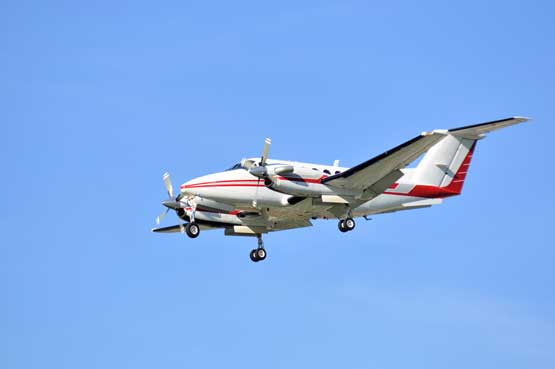To become a pilot that people can respect, your knowledge of the craft needs to be sky-high. Understanding the difference between twin-engine planes and single-engine planes isn’t enough. You need to know which situation is appropriate for which plane, and how they handle differently.
Learning the difference is the first step towards becoming a better pilot. Keep reading below for everything that you need to know!
Twin-Engine Planes are Powerful and Safer
The biggest difference between twin-engine planes and single-engine planes is their power. Twin-engine planes benefit from the power of having two engines to battle gravity with. That means takeoff is easier and the plane can cut through the sky faster than its single-engine counterpart.
Since twin-engine planes have more than one engine, they’re also safer than single engine ones. If an engine fails, you’re not stuck in the sky, hoping for the best. Instead, you can use the power of the engine you have left to safely land the aircraft.
Twin engine planes combine power and safety to create all-around capable crafts. Being an adept pilot in a twin-engine plane makes you a force to be reckoned with in the sky!
Pilots May Take More Risks with Twin-Engine Planes
Although twin-engine planes are powerful and safe vehicles, they have their shortcomings. The most obvious shortcoming is their cost. You’re doing more than paying for two engines. You’re also paying for the gas to fuel them, and the price can get high quickly.
Since people may be more confident in a twin-engine plane, they may take more risks. It’s counter-intuitive, but the fact that the planes are safer can actually cause pilots to make more mistakes. They can get too confident in their abilities, and that can endanger both the pilot and their passengers.
Single-Engine Planes are Simple and Cheap
While twin-engine planes are powerful and safer, single-engine planes are cheaper. They’re also simpler machines, which makes them easier to maintain and fly. New pilots usually choose single-engine planes because they’re more cost-effective and can last longer than twin-engine planes.
They also consume less fuel than their twin-engine counterparts. Less fuel consumption also means longer flights since the fuel tank will last longer. That means you’ll be able to spend more time where you belong: in the sky!
Pick the Plane that Works for You
There are a lot of advantages and disadvantages of each style of plane. The best way to know which plane to choose is to think about what you value as a pilot. Do you want something that tears through the sky or would you like something simple and inexpensive?
The choice is yours. Yet, everyone can use some help from time to time, and that’s what we’re here for. Contact us, and we’ll make sure you’re soaring through the sky in as soon as possible! We have all the parts for single and twin-engine planes you need.

